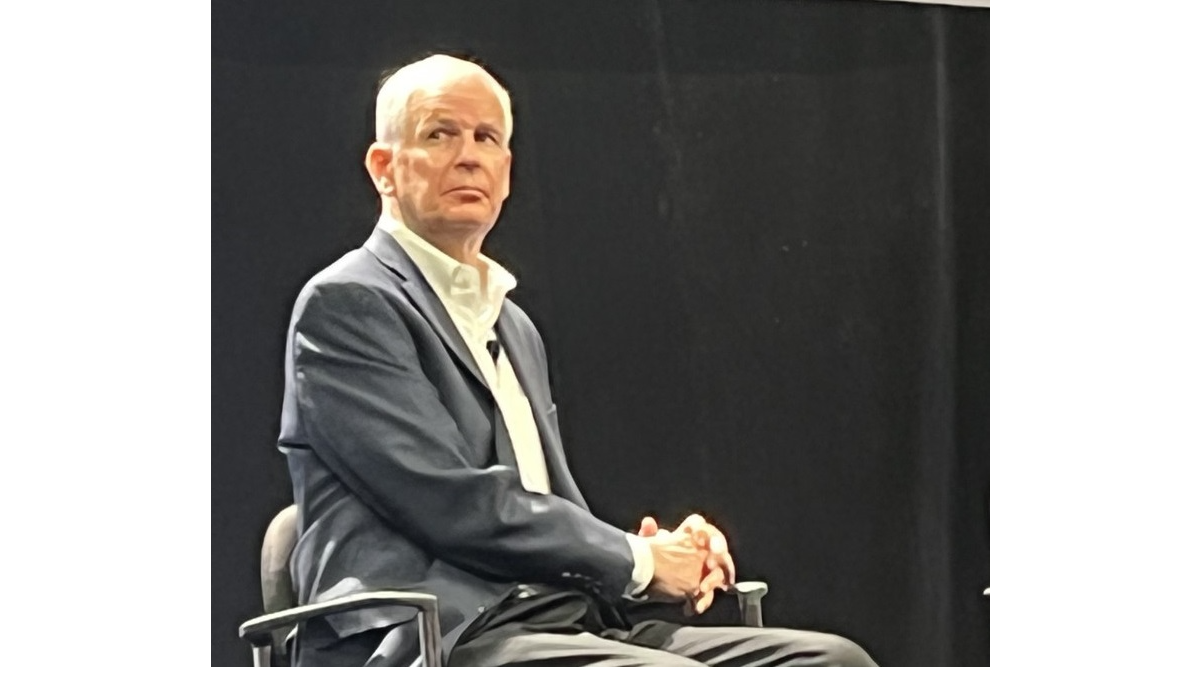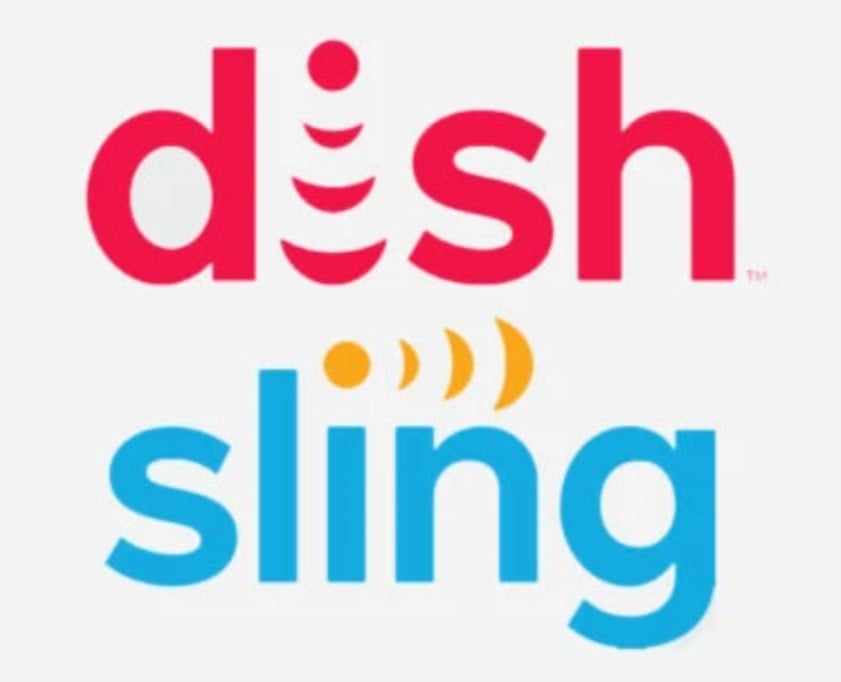The FCC said it would consider new rules for the 12GHz spectrum that could pave the way for fixed wireless operations in the band. If the agency does move forward on the topic, Dish Network officials would undoubtedly cheer the move.
However, the topic remains under debate, at least for now.
"The commission will vote on an order that would preserve the 12.2-12.7GHz band as a home for next-generation satellite broadband operations by rejecting proposals to introduce ubiquitous, high-power mobile operations in the band," FCC Chairwoman Jessica Rosenworcel wrote on the agency's website, in her agenda for the FCC's upcoming meeting on May 18. "At the same time, we propose further investigation of expanded terrestrial fixed use or unlicensed use in this 500 megahertz band."
The move was cheered by some players pushing for new rules for the band.
"We applaud the move to quadrupling the national availability of midband spectrum for fixed wireless," V. Noah Campbell, CEO of RS Access, said in a statement.
A ruling years in the making
The debate over 12GHz has been brewing in Washington, DC, for years.
On one side sit satellite companies, including SpaceX's Starlink, that are using the 12GHz band in part for their burgeoning low-Earth orbit (LEO) satellite operations. They generally reject calls for new rules allowing other kinds of operations in the band.
On the other side of the 12GHz debate sit Dish Network, RS Access and others, backed partly by billionaires like Charlie Ergen and Michael Dell. Some of those companies also use the 12GHz band for satellite-based services, but they're urging the FCC to allow terrestrial 5G signals in at least a part of the band, potentially under some kind of spectrum-sharing setup.
In the middle sit companies such as AT&T and T-Mobile. They agree that the 12GHz band should be opened for terrestrial 5G, but they have also hinted that the FCC ought to auction the 12GHz band instead of handing it off to companies like Dish and RS Access that currently hold some rights to it.
Each side has been working to convince FCC regulators of the merits of their side of the debate. And Rosenworcel's new proposal – the details of which ought to be released later this week – appears to offer a mixed ruling. On the one hand, she nixed mobile operations in the band – a win for the likes of SpaceX. But on the other hand, she left the door open to applications like fixed wireless access (FWA) – a possible victory for Dish and RS Access.
Dish's FWA ambitions
"We think there's certainly an opportunity for fixed wireless in rural America," Dish Chairman Charlie Ergen said last year during his company's earnings call.
Ergen said Dish is keeping a watchful eye on the fixed wireless successes of T-Mobile and Verizon. "I think it's very creative in terms of what they're doing [with FWA]," he said. "I think there are maybe other ways to do it, depending on where you are and the densities you have."
And Ergen suggested that the 12GHz band is an "ideal frequency" for FWA that could support "millions of customers," particularly in rural areas. Dish has the rights to 12GHz licenses covering wide swathes of the US.
Thus, Rosenworcel's openness to FWA in the 12GHz band could represent an opportunity for Dish to play in the FWA industry. However, that's only if the agency does, at some point in the future, move forward with rules that would allow Dish to retain its 12GHz rights and to offer fixed wireless services in the band.
Dish has been struggling with a variety of issues recently. The company has been battered by security troubles, Wall Street skepticism and a growing exodus of top executives, alongside a new 5G network beset with glitches and delays.
The other 12GHz band
In her May meeting agenda, Rosenworcel said the FCC would also propose new rules for another portion of the 12GHz band. Specifically, she said the agency would vote on new rules for the 12.7-13.25GHz band that would allow for "new mobile broadband or other expanded use."
The 12.7-13.25GHz band is different from the 12.2-12.7GHz band at the center of the debate among Dish, SpaceX, RS Access and others.
Rosenworcel's plans to move forward on the 12.7-13.25GHz band come as little surprise. Late last year, she hinted at her interest in the band as a possible location for the agency's next big 5G spectrum push.
Indeed, the US cellular industry has been clamoring for more spectrum for 5G. For example, the industry's big trade association, CTIA, recently commissioned a study that found that 5G networks may begin to run out of capacity within the next five years.
Moreover, the 12.7-13.25GHz band appears to sit squarely in the 7GHz and 20GHz range that players like Nokia and Ericsson have pegged for future 6G services.
Related posts:
— Mike Dano, Editorial Director, 5G & Mobile Strategies, Light Reading | @mikeddano
"dish" - Google News
April 27, 2023 at 07:01PM
https://ift.tt/zZVnA56
Dish may have a FWA win in 12GHz - Light Reading
"dish" - Google News
https://ift.tt/9pCgREx


No comments:
Post a Comment